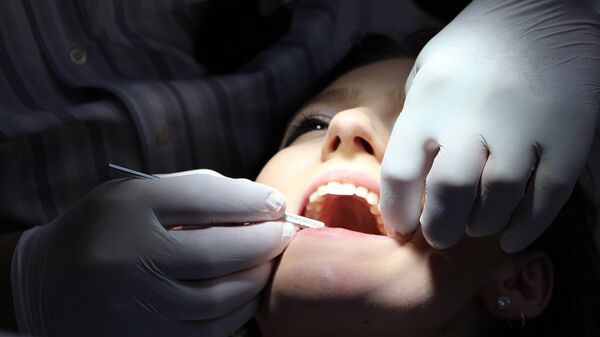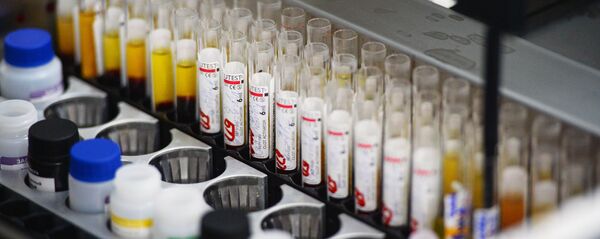Dentists currently recommend mouthwash and oral irrigators (devices that use a stream of pulsating water to remove dental plaque) as the best supplements in oral hygiene, helping kill bacteria that cause plaque, and remove food debris between teeth that cannot be removed with a toothbrush or floss. Together with medical experts, NUST MISIS researchers developed an oral rinse that, if used regularly, suppresses pathogenic oral bacteria, reducing the risk of dental carries and gum diseases. The product’s effectiveness hinges on the use of metal nanoparticles. Experiments showed that these particles stop bacteria that cause plaque from growing.
“Pathogenic bacteria can be killed through chemical destruction of cell walls and various membranes, including cell organelle membranes, specifically when metal nanoparticles enter into contact with biopolymers of microbial cells. The cell membrane breaks down, releasing its content into the environment. With its bactericidal and bacteriostatic properties, the solution exceeds antibiotics by far when it comes to dealing with staphylococcus aureus and most coccus varieties,” the project’s co-author, Svetlana Gromova, said. Gromova is dean of the Dentistry Department at Kirov State Medical University.
Head of the research team, Associate Professor at NUST MISIS Department of Physical Chemistry, Georgy Frolov commented on the scientific outcome of the experiments: “Colloidal solutions of metal oxides are not toxic to humans. They have a lasting anti-bacterial effect against dental plaque microorganisms, while also serving as a source of microelements. As we saw during research, using a metal oxide mouthwash substantially reduces soft dental deposits, reducing pathogenic microflora, all but eliminating it.”
NUST MISIS laboratories are currently making the first test batches of the product, patents and registration documents for medical use have been filled.



